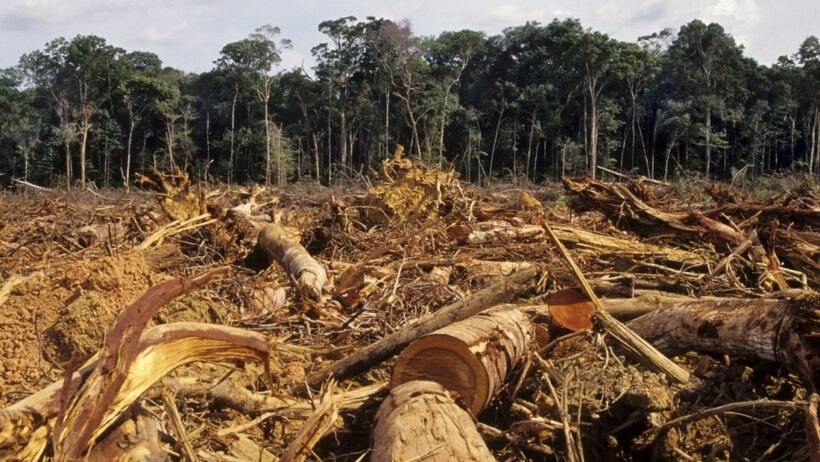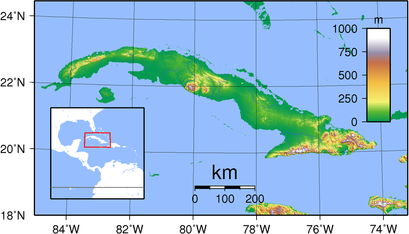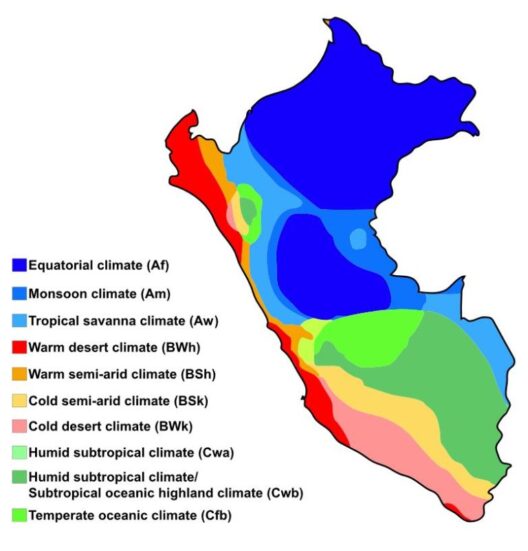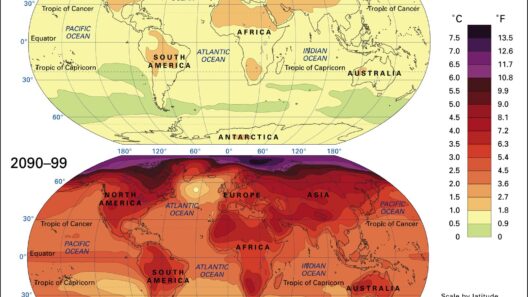As the specter of global warming looms ever larger, the implications for human health have become a focal point of concern. The intricate interplay between climatic shifts and human well-being encompasses a multitude of factors, including the proliferation of vector-borne diseases, heat-related illnesses, respiratory issues stemming from poor air quality, and food insecurity exacerbated by agricultural disruption. This multifaceted dilemma compels a deeper examination of how rising temperatures directly affect public health, intertwining environmental changes with individual well-being.
The most evident consequence of global warming is the increase in average global temperatures, which has escalated the frequency, intensity, and duration of extreme heat events. These heat waves pose a profound threat to human health, particularly for vulnerable populations such as the elderly, children, and those with pre-existing health conditions. Prolonged exposure to elevated temperatures can result in heat exhaustion and heat stroke, conditions that can culminate in mortality if untreated. Additionally, as this phenomenon becomes more prevalent, healthcare systems strain to cope with the escalating number of heat-related emergencies, highlighting a critical intersection between climate resilience and health care capacity.
Moreover, the advent of global warming is inherently linked to the spread of vector-borne diseases. Warmer temperatures create a more hospitable environment for vectors like mosquitoes and ticks, which are responsible for the transmission of diseases such as malaria, dengue fever, and Lyme disease. As these vectors expand their geographic ranges, regions previously sheltered from such illnesses now find themselves susceptible. This not only endangers public health but also burdens healthcare systems unprepared for the influx of new diseases. The strategy to combat these emerging threats must evolve, emphasizing public awareness and preventive measures.
Air quality represents another critical health determinant exacerbated by global warming. Increased temperatures can lead to heightened levels of ground-level ozone, a potent respiratory irritant. Individuals residing in urban centers are particularly vulnerable, as pollutants from vehicles, industries, and other sources coalesce with warmer temperatures to escalate health risks. The exacerbation of respiratory conditions, such as asthma and chronic obstructive pulmonary disease (COPD), becomes a harrowing reality for millions. Furthermore, individuals with compromised respiratory systems are thrust into even greater danger as wildfires—intensified by climate change—release particulate matter and toxic chemicals into the air, further amplifying health crises.
The repercussions of climate change extend to food security, presenting a domino effect with ramifications on health. Altered precipitation patterns, increased temperatures, and extreme weather events jeopardize agricultural productivity, leading to shortages in staple crops and increased prices. Malnutrition emerges as a significant concern, particularly in low-income regions where populations rely heavily on subsistence farming. The nutritional quality of food can also decline as rising CO2 levels affect crop yields, leading to diminished levels of essential nutrients. Vulnerable communities, facing both economic and nutritional instabilities, are compelled to navigate an increasingly precarious landscape.
The psychological ramifications of climate change on human well-being cannot be overlooked. The phenomenon of eco-anxiety—a chronic fear of environmental doom—burdens many as they grapple with the realities of a warming world. The emotional toll can manifest in myriad ways, ranging from chronic stress to an increase in mental health disorders. Communities displaced by climate-induced disasters face additional psychological trauma, confronted with loss of home, identity, and social cohesion. Addressing these mental health concerns requires a concerted effort from mental health professionals and policymakers, paving the way for supportive frameworks that incorporate resilience-building strategies.
Furthermore, the intersection of climate change and socioeconomic disparities exacerbates health inequities. Marginalized populations disproportionately bear the brunt of environmental changes, facing barriers to healthcare access, inadequate housing, and limited resources to adapt to emerging health threats. The existing disparities in health outcomes starkly illustrate this phenomenon, making equity a crucial consideration in climate action. Policies that prioritize inclusivity and equitable resource distribution not only address the climate crisis but also enhance overall community health.
As global temperatures continue to rise, the importance of multidisciplinary approaches to mitigate health risks becomes ever more apparent. Sustainable practices—including renewable energy adoption, urban planning that prioritizes green spaces, and sustainable agriculture—can act as powerful catalysts for change. The integration of climate resilience strategies into public health initiatives can enhance preparedness for future health crises, creating a more resilient population.
To conclude, global warming presents a complex array of threats to human health that cannot be ignored. From increasing temperatures fueling heat-related ailments to the proliferation of vector-borne diseases, from deteriorating air quality to food insecurity, the ramifications of climate change extend far beyond the environment. It is imperative that communities, governments, and organizations collaborate to address these challenges holistically, ensuring a healthier, more sustainable future for all. The well-being of humanity is intricately linked to the health of our planet; thus, nurturing both can lead to profound benefits in the fight against the cascading effects of climate change.







